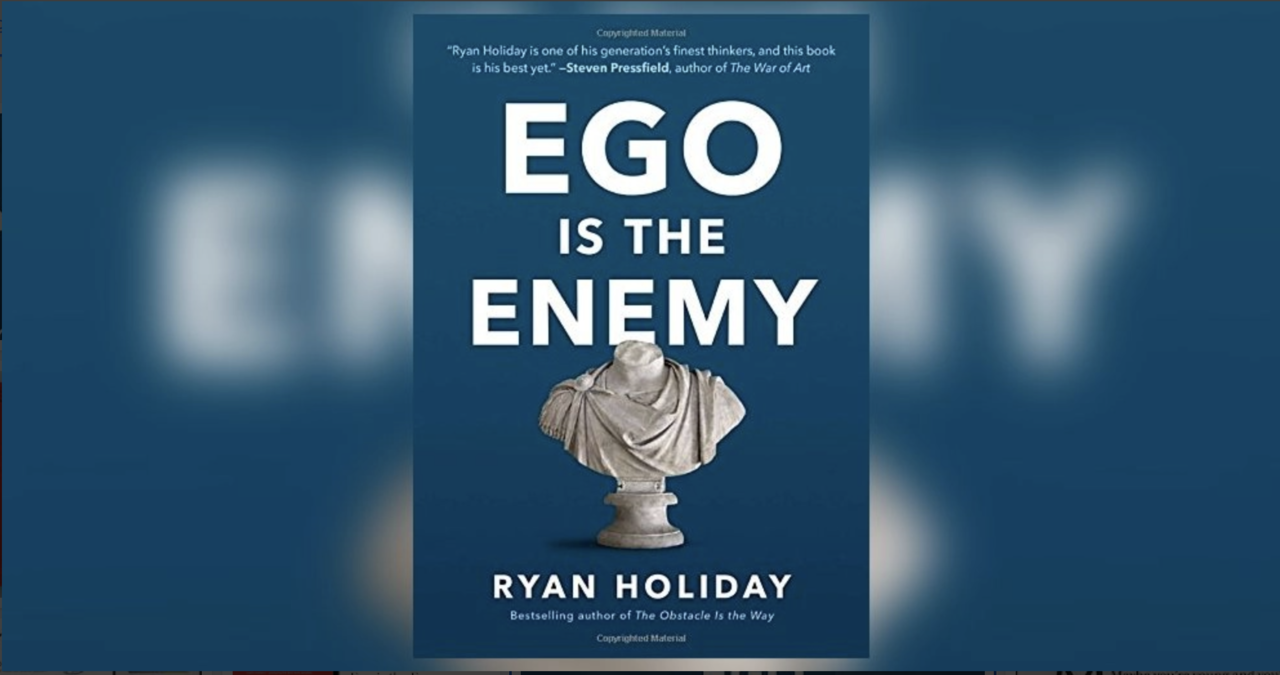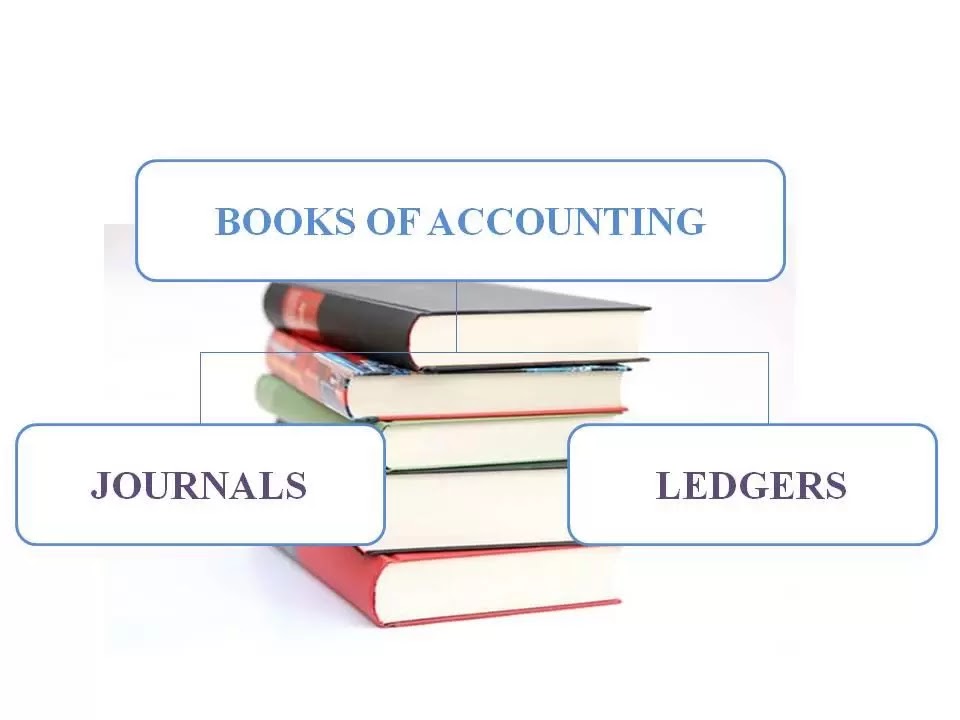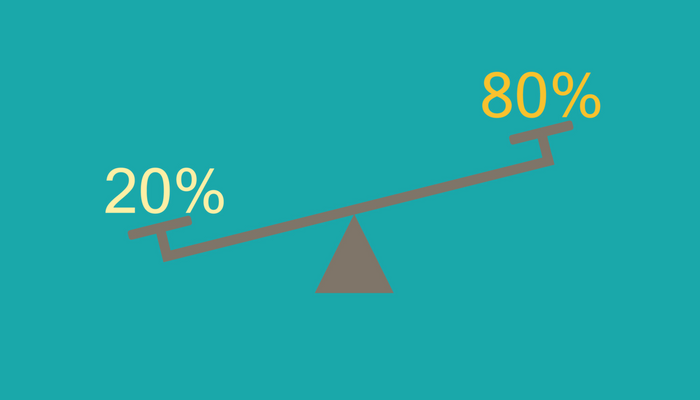The Biggest Enemy of Your Business

I have seen many BIG businesses collapse like a house of cards. Most of them were thought to be indomitable in their respective field, with huge asset bases and market share, etc. But all of a sudden, they collapse and overnight their founder becomes a zero from a hero.
On the other hand, there are many small businesses that evolve into disrupters and become industry leaders. They started with zero market share, but soon, they became the heroes of their industry.
When a business fails, most business owners find external reasons like recession or payment issues or poor market conditions, etc. But, how is it possible that under the same market conditions, some small players come and capture the entire market? So the reality is that businesses fail mostly due to internal reasons. External reasons are nothing but the excuses we find to console ourselves. I always used to wonder what is the key element that leads to the failure of these ‘mighty’ businesses, or to the success of these small players?
The book Ego is the Enemy by Ryan Holiday has given me a common answer to this question: the enemy that killed all those ‘mighty’ businesses - the ego. And those who have successfully managed this ‘enemy,’ turned out to be the winners in the long run.
What is meant by ego? Author Ryan Holiday explains it simply: “The ego we see most commonly goes by a more casual definition: an unhealthy belief in our own importance. Arrogance. Self-centered ambition. It’s that petulant child inside every person, the one that chooses getting his or her way over anything or anyone else. The need to be better than, more than, recognized for, far past any reasonable utility - that’s ego. It’s the sense of superiority and certainty that exceeds the bounds of confidence and talent.”
First, let us check how Ego is holding us back from growing our business into a successful one.
Three ways how Ego kills our business:
1. Ego prevents us away from delegating tasks: Ego is an unhealthy belief in our own importance. It gives us a feeling that we are extremely talented in doing certain things, and nobody else can do it like us. This wrong feeling about our importance keeps us away from delegating tasks to others who can perform them better than us. As a result, we spent most of our time working ‘in’ the business, doing day-to-day tasks, instead of working ‘on’ the business, making strategic plans and finding new avenues for business growth. A business owner should work ‘on’ the business; not ‘in’ the business.
Lack of delegation stops the growth of our business and even worse, it prevents the growth of our team members as well. People perform better only when they are given a chance to do things on their own.
2. Ego stops us from accepting reality: One of the severe damage caused by ego is that it keeps us out of touch with reality. Ego makes us believe that our business is doing good, whereas the reality might be different. Ego stops us from hearing critical but necessary feedback from others. It makes us overestimate our own abilities and worth, and underestimate the effort and skill required to achieve our goals. When we lose the touch with reality, we miss opportunities — to improve, connect with others, and make the necessary changes to achieve our goals. This will eventually kill our business forever.
3. Ego keeps us away from seeking help: Most business failures can be avoided with the right interventions at the right time. But ego stops us from seeking the help of experts on reviving our business. Even if we seek help and appoint advisors or consultants, we won’t listen to them or implement their recommendations because our ego makes us think that we are better than them.
Ryan explains: “If the ego is the voice that tells us we’re better than we really are, we can say ego inhibits true success by preventing a direct and honest connection to the world around us… The ways this separation manifests itself negatively are immense: We can’t work with other people if we’ve put up walls. We can’t improve the world if we don’t understand it or ourselves. We can’t take or receive feedback if we are incapable of or uninterested in hearing from outside sources.”
Now let us check how to handle the enemy and how we can come out of its traps. This is how the small players become the heroes in the long run.
Three ways to manage our Ego and become successful:
A. Be a Lifelong Learner: All the greatest leaders have all been students of life. They all possessed a unique curiosity about life and had the discipline to be lifelong learners.
One of the key determinants of success in business or in any other field is your willingness to listen to feedback, especially critical feedback. In the book, Ryan discusses an amateur as being defensive to critical feedback, but a professional as delighted in being challenged to learn more. According to the book, “If you’re not still learning, you’re already dying.”
“A true student is like a sponge. Absorbing what goes on around him, filtering it, latching on to what he can hold. A student is self-critical and self-motivated, always trying to improve his understanding so that he can move on to the next topic, the next challenge. A real student is also his own teacher and his own critic. There is no room for ego there.”
To become the best we can be, and to maintain that greatness we need to have a student mindset. We shall always be learning. Ever wondered why all the world-class athletes or sports teams have always a coach with them? You shall be a lifelong student even after—especially after, your major accomplishments. So ask yourself, who are the mentor's coaches that can take your business to next level?
“If you’re not still learning, you’re already dying.”
B. Talk less; do more deep work: “You know that all things require work and that work might be quite difficult. But do you really understand? Do you have any idea just how much work there is going to be? Not work until you get your big break, not work until you make a name for yourself, but work, work, work, forever and ever.”
Talking is easy, everyone does it. If you spend too much time thinking and talking about what you are going to do, you are less likely to actually do it. Where are the results? Stay focused on execution, doing the deep work. Silent actions, the deep work, are rare in today’s world. But it is the deep work that creates exponential results in the long term, and not talking. Your ego tells you that you need recognition from others, but real confidence doesn’t need to talk, it just focuses on doing the deep work. Talking destroys action. Sit quietly and work. Let go of the distractions of social media and of the news, and focus on your work. Watch how much better you get:
“They work quietly in the corner. They turn their inner turmoil into the product—and eventually into stillness. They ignore the impulse to seek recognition before they act. They don’t talk too much. And they don’t mind the feeling that others, out there in public are enjoying the limelight, are somewhat getting the better end of the deal (They are not).”
Talking destroys action. Sit quietly and work.
C. Make other people successful: In order to manage your own ego, focus on making other people successful. By paying attention to other people’s needs, desires, and goals, you are by definition setting aside your ego in order to focus on others. In the process, you are developing a sense of purpose and service within yourself. It’s no longer about you - it’s about what you can do to help others. When you approach your relationships and your work this way, suddenly you’re not worried about taking things - whether opportunities, credit, or the spotlight - for yourself. You’re concerned with giving these things to others. And you build an incredible amount of trust and goodwill with your colleagues and friends when you behave this way.
Ryan writes: “Imagine if, for every person you met, you thought of some way to help them, something you could do for them? And you looked at it in a way that entirely benefited them and not you. The cumulative effect this would have over time would be profound: You’d learn a great deal by solving diverse problems. You’d develop a reputation for being indispensable. You’d have countless new relationships. You’d have an enormous bank of favors to call upon down the road. That’s what the canvas strategy is about — helping yourself by helping others. Making a concerted effort to trade your short-term gratification for a longer-term payoff. Whereas everyone else wants to get credit and be ‘respected,’ you can forget credit. You can forget it so hard that you’re glad when others get it instead of you — that was your aim, after all. Let the others take their credit on credit, while you defer and earn interest on the principal.”
So, how are you going to manage your ego and make your business a grand success?
(Author is a Business Consultant and Startup Specialist at AK & Partners Auditors and Chartered Accountants. AK & Partners is one of the leading audit firms in Qatar. Please send your comments and suggestions to habeeb@akauditors.com)





